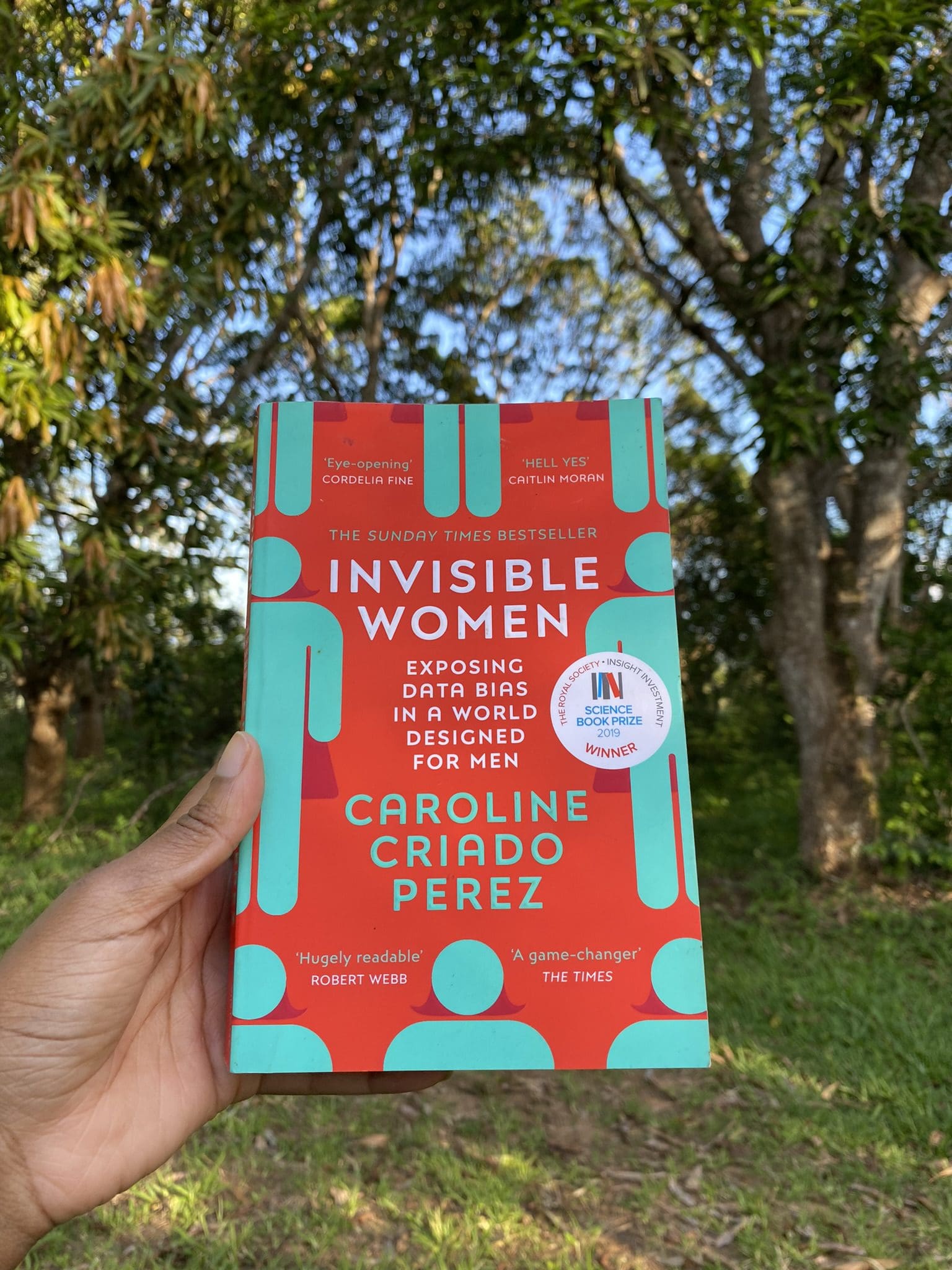
How To Make A Retirement Budget in 8 Simple Steps
When thinking or preparing for retirement, one of the top concerns is whether whatever retirement income you have will be enough. This is where preparing a retirement budget comes in handy.
A retirement budget outlines the income you’ll receive during retirement and how you will use it to cover all your expenses. Creating a retirement budget ensures you don’t run out of money in retirement. You can create a retirement budget when already in retirement or preparing to retire.
Regardless of what you plan to do in retirement, It’s good to be aware of your bank balance. Retirement money can come from your savings, passive income, social security funds, and pensions.
It is also important to keep in mind that your retirement income will be affected by inflation, taxes, spending, and the rate of return on investment. So, as you go over your investments for retirement, do not forget to factor in these issues.
Why Is A Retirement Budget Important?
Most retirees have little income outside their savings, which makes spending during retirement a challenge. However, having a financial retirement plan will reduce your stress about money and improve your peace of mind regardless of your amount.
You may receive a considerable amount of money when you retire, tempting you to buy things you don’t need. Having a budget ensures that your savings last longer. Sometimes, you may be tempted to make specific trade-offs to retire earlier, spend more on fun activities, and travel more. A reasonable retirement budget will help you enjoy your life and live within your means.

How To Make A Retirement Budget
Estimate Your Income
Start creating your retirement budget by considering what you will be earning in your retirement. Do you have pensions? Have you saved? How much do you expect to make from the social security benefits? Identify and write down all your sources of income and what you hope to earn monthly.
Determine How Much You Will Spend In Retirement
Most people spend less money monthly after retirement than before retirement. Mostly, a reasonable retirement budget should be 70% to 80% of your pre-retirement income.
Therefore, if you spent $1000 monthly before retirement, you can expect to pay between $700-$800 when you retire. While this figure is good to get you started, your actual spending will depend on your lifestyle, where you live, and the amount of money you have.
Label Your Expenses
This is the second step in creating a retirement budget. First, check your monthly bills for months leading to retirement to determine where your money is going. Then, list your expenses as essential or non-essential. Essentials are the necessities.
You have bills to pay, including mortgage payments, rent, household bills, groceries, and loans. Non-essentials are things you don’t need. You can do without them, including travel, eating out at a restaurant, and TV subscription.
Write down and count all essential monthly expenses to know the minimum amount of money you need each month. Then, if you get into financial trouble, this is the spending amount you should fall back on. You expose yourself to financial risk if you cut essential costs. Meanwhile, you can cut TV subscriptions when you need to save.
Differentiate between fixed and variable expenses. For example, a mortgage payment is a fixed expense because you pay the same amount monthly. At the same time, the electricity bill is a variable expense because you pay a different amount every month. You can estimate the amount by looking back to take the average you spent for varying costs over the years.

Determine Expenses That Will Change In Retirement
Plan for the future. Some expenses will change once you retire. You can reduce costs such as clothing allowance because you will not require professional clothes in retirement. Reduce costs on meals eaten out if you no longer follow the pattern. Add any other hobby or lifestyle changes that increase your costs.
Factor In Big Lifestyle Changes
Adjust your expenses if you increase your travel or relocate to a new place with a high cost of living. Everyone is unique. Some people want to escape the rat race that comes with business and employment by sipping coffee on their porches in the morning.
In contrast, others want to escape to a calming mountain or a sunny beach. Focus on what will bring you a feeling of purpose and fulfillment.
Account For Health Care Costs
After retirement, you will need to start paying your health insurance premiums if your employer is paying them. Estimate those monthly expenses and add them to your budget.
Also, remember to add vision, dental, and hearing care expenses into the budget. Finally, estimate other health costs, such as medication, so that you can have a clear picture when creating a retirement budget.
Factor In Fun Activities
Discretionary spending is flexible and factors fun activities such as sports, travel, grandkids outings, and other forms of entertainment. Do you want to go on a yearly cruise or eat out? Determine how much you want to spend on these activities and add the total amount to your budget.
As stated earlier, figure out how your lifestyle and Hobbies will change and determine how they will affect your budget. For example, if you want to travel more and don’t have enough money, you can live in a less expensive house to cut costs.

Try Out Your Budget
If you create a retirement budget before you retire, you can test it while working. Set it as your new monthly budget and continue working. If there’s extra money, you can use it to boost your savings. If you spend more than expected, go back and make some adjustments.
Trying out your retirement budget gives you a clear picture of your needs. If it turns out that you need more than anticipated, find ways to boost your savings. If you’re comfortable with your retirement budget, then you’re ready to retire.
Bottom Line
Everyone wants to have a good lifestyle and enjoy retirement. To do so, you need to ensure that you don’t run out of money halfway. A retirement budget helps you spread your savings and track how much money you spend. You don’t want to spend your retirement worrying about money. Having a plan will help you focus on things that matter.






